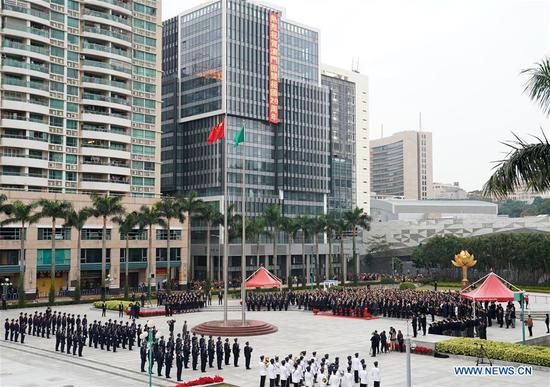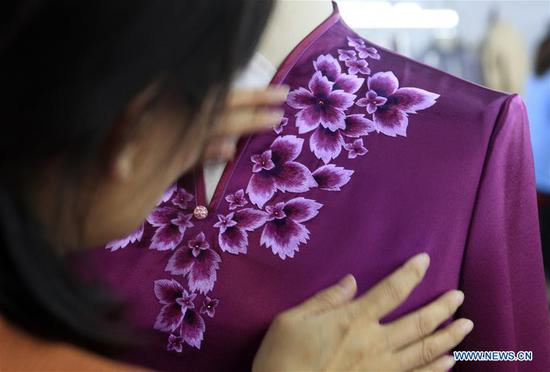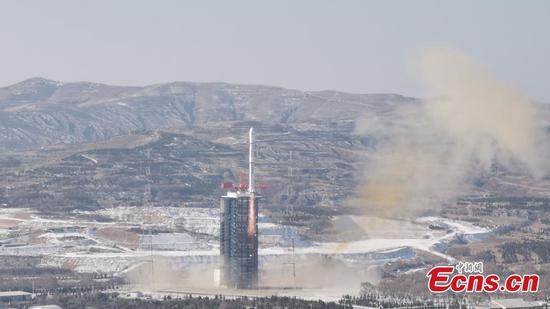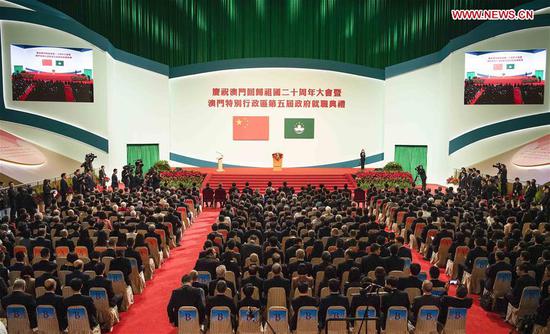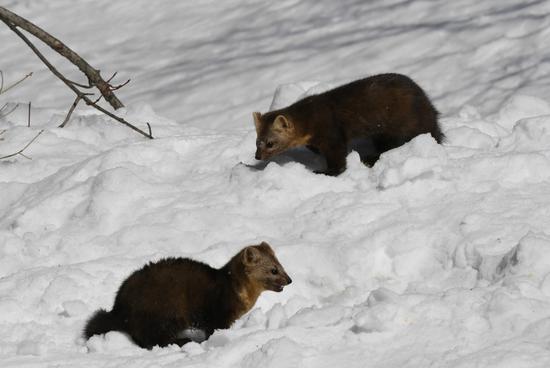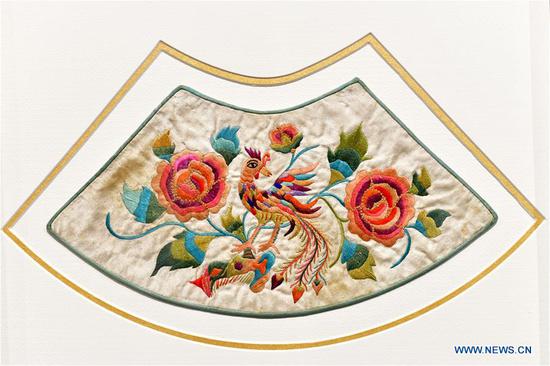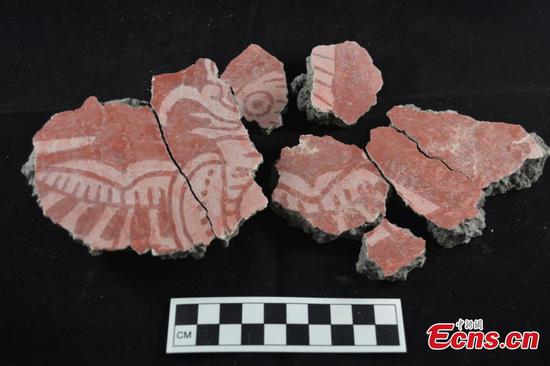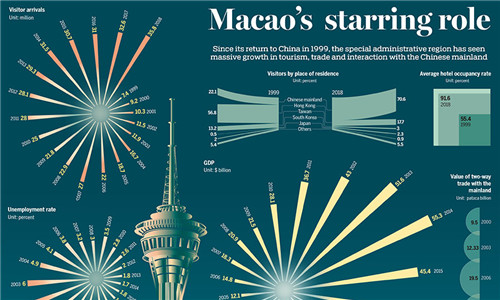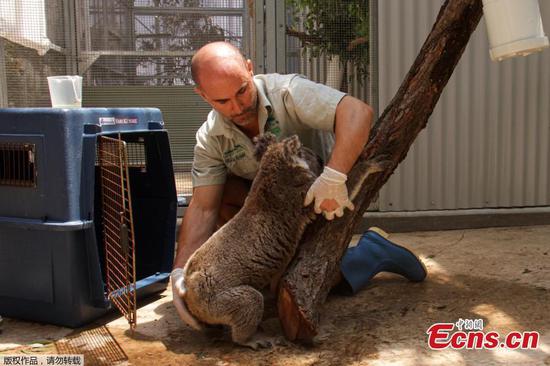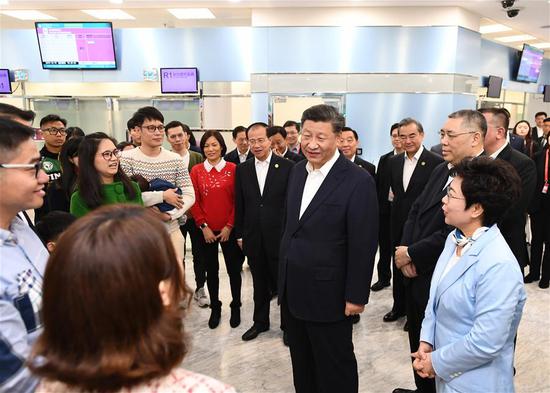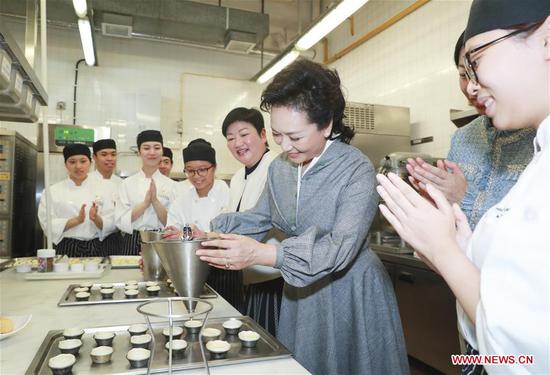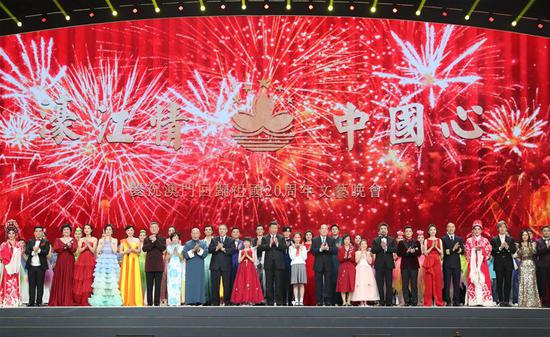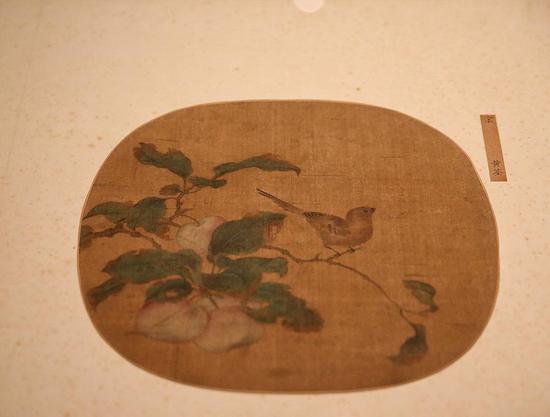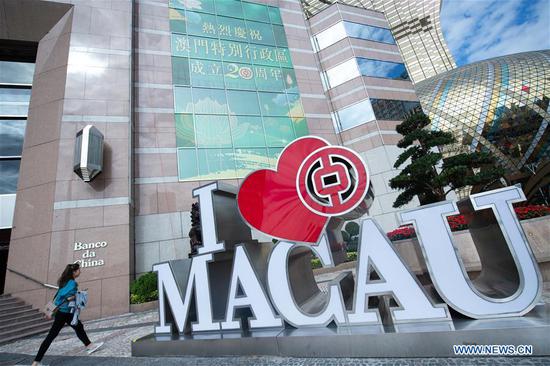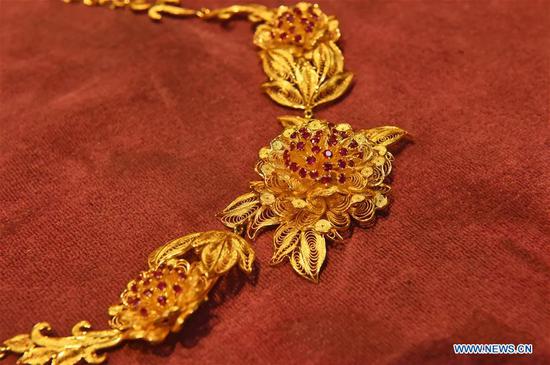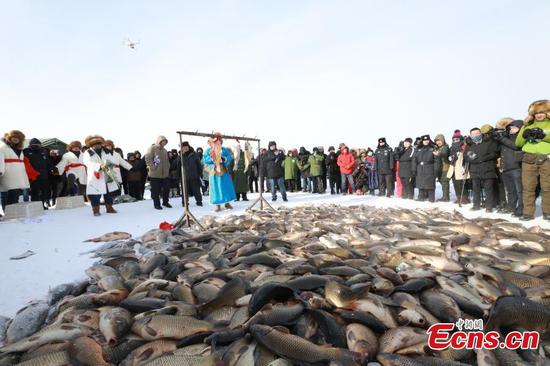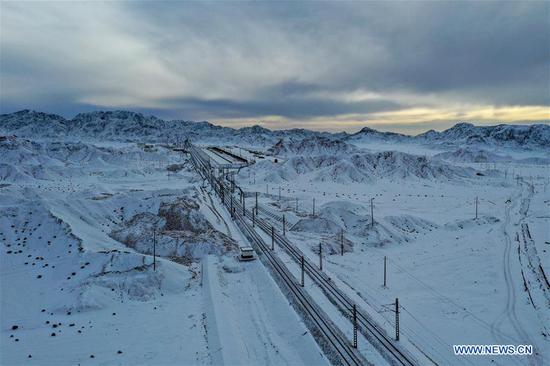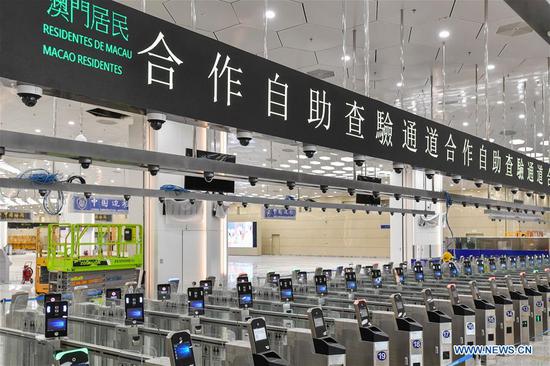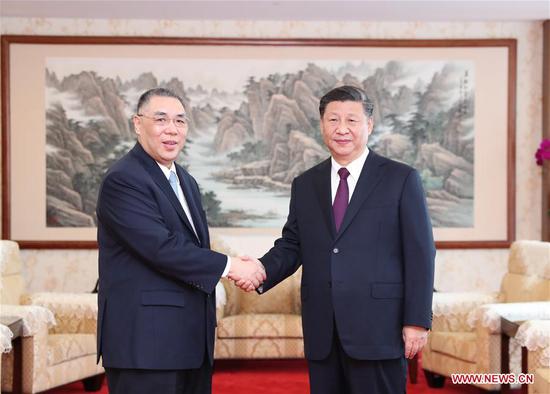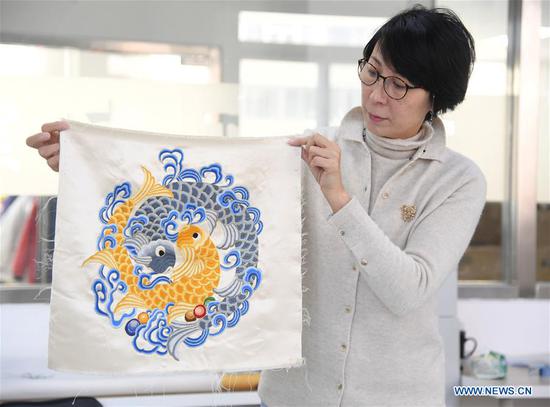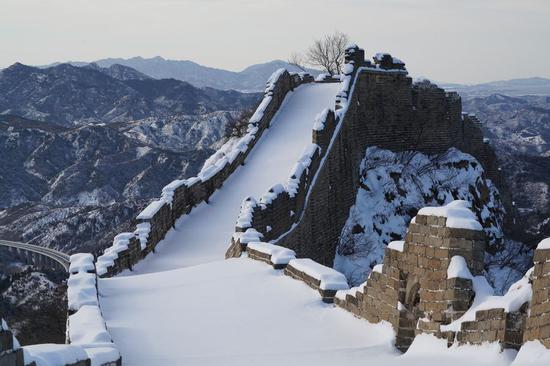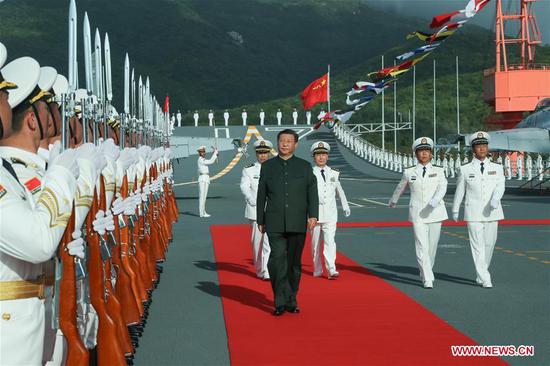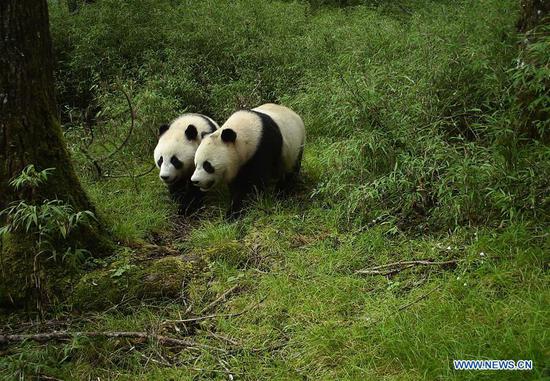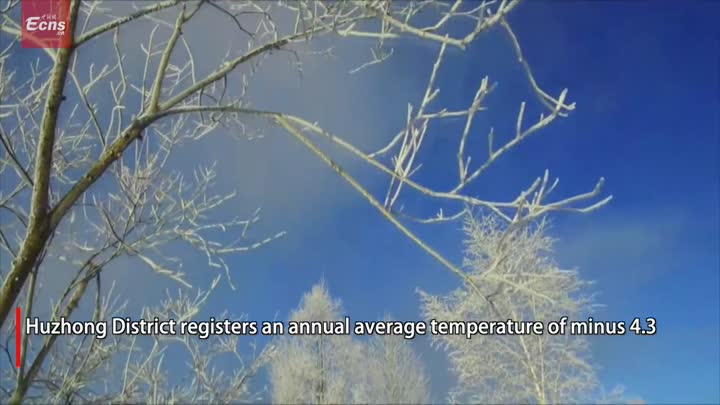Now Iowa soybean farmers have to offset some of that loss by increasing their exports to other countries, "but China certainly is one of the largest consumers of soybeans in the world, and so it's hard to offset all of that," he said.
Soybean farmers have to start making plans for the next crop season soon and "more market certainty" is what they would like to see, he said.
"We want to remain as trade partners," said Bill Pellett, adding it would be "very difficult" to decouple the U.S. and Chinese economies.
The fifth-generation farmer from Atlantic city in Iowa managed to sell most of his soybeans last year, but for a lower price.
Like the Kimberleys, Pellett sold some of his newly harvested soybeans this year and put the rest in storage, waiting to see if prices will go up.
The financial aid programs set up by the U.S. government to help farmers weather the trade tensions might be "necessary yet not so significant," Pellett said, noting that farmers prefer trade to aid.
ASPIRATION TO RESTORE GLOBAL COMPETITIVENESS
Iowa Secretary of Agriculture Mike Naig said the phase-one trade agreement with China is good for the United States and Iowa, and it is the beginning of the changes he and Iowa farmers hope to see.
"It's something we've been hoping for and working for many months ... I think it's great evidence of continued progress," Naig said.
"America's farmers and ranchers are eager to get back to business globally. Progress restoring our ability to be competitive in China is a key component of that," American Farm Bureau Federation President Zippy Duvall said in a statement on Dec. 13 when the two countries announced that they have agreed on the text of the phase-one trade deal.
Calling it "welcome news," Duvall said the U.S. agriculture has been caught in the trade dispute crosshairs and "it's time to turn the page."
China has been downgraded from the second-largest market for U.S. agricultural products to the fifth since the trade dispute began, said Duvall, adding "reopening the door to trade with China and others is key to helping farmers and ranchers get back on their feet."
Pellett said that "(with) trade with China hopefully coming back quickly, the prices should improve."
"And that makes a farmer smile anytime that he can," Pellett added.









